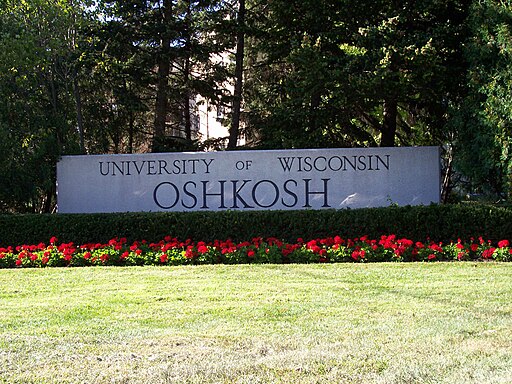In Board of Regents of States Colleges v. Roth, 408 U.S. 564 (1972), the Supreme Court found that Wisconsin State University at Oshkosh had not violated the rights of an assistant professor of political science David Roth, when it decided not to continue his employment.
Roth had criticized the administration for suspending a group of African American students, had characterized the administration as authoritarian and autocratic, and had devoted a class to such criticisms.
Roth, who had been given a one-year contract as an assistant professor of political science, argued that freedom of speech should have kept him from being terminated and that his rights to procedural due process under the 14th Amendment had been violated because the state had not provided him with a hearing or an explanation of its action. Both the U.S. district and the 7th U.S. Court of Appeals had accepted Roth’s arguments.
Roth was a companion case to Perry v. Sindermann, 408 U.S. 593 (1972), in which the court ruled that terminating an untenured junior college professor for criticizing the Board of Regents of Odessa College in Texas was a violation of his freedom of speech.
Justice Stewart emphasized Wisconsin university’s rights
In writing for the court’s majority, Justice Potter Stewart stressed that the university had hired Roth for a fixed one-year term. Moreover, state law required that state college and university professors would serve four years of year-to-year employment before being eligible for tenure, after which they were entitled to continued employment “during efficiency and good behavior.”
State law had otherwise left the continuing employment of nontenured faculty “to the unfettered discretion of university officials.”
Acknowledging the majesty of the terms “liberty” and “property,” Stewart observed that they had boundaries. Moreover, property interest “are not created by the Constitution” but “are defined by existing rules or understandings that stem from an independent source such as state laws.” By contrast, the Court needed to recognize that “it is a written Constitution that we apply. Our role is confined to interpretation of that Constitution.” He therefore rejected Roth’s claims.
Other justices concerned about upholding academic freedom
The dissenting opinions focused on the importance of protecting academic freedom by insulating professors from retaliation for exercising First Amendment rights.
Justice William O. Douglas thus argued that “No more direct assault on academic freedom can be imagined than for the school authorities to be allowed to discharge a teacher because his or her philosophical, political, or ideological beliefs.” He noted that the decision in Keyishian v. Board of Regents, 385 U.S. 599 (1967), had affirmed the nation’s deep commitment “to safeguarding academic freedom.” To this end, it was important for the state to articulate reasons for its action in a hearing, where individuals would have the right to rebut them.
Douglas favorably quoted Justice Felix Frankfurter’s opinion in Sweezy v. New Hampshire, 354 U.S. 234 (1957), where he observed that progress in the social sciences required unfettered inquiry.
In similar fashion, Justice Thurgood Marshall argued in a separate dissent that states had the obligation “to act fairly and reasonably” with respect to employment issues. Moreover, he did not think it unreasonable for the state to provide reasons for its actions when they existed.
John R. Vile is a political science professor and dean of the Honors College at Middle Tennessee State University.

